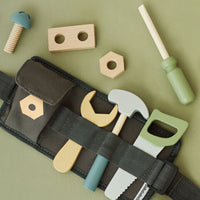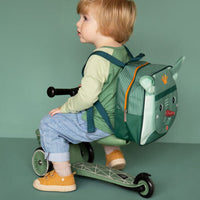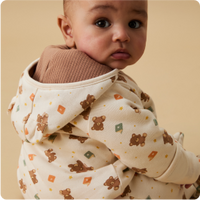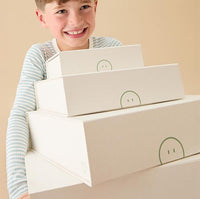How To Build Loving Relationships With Your Baby Through Play
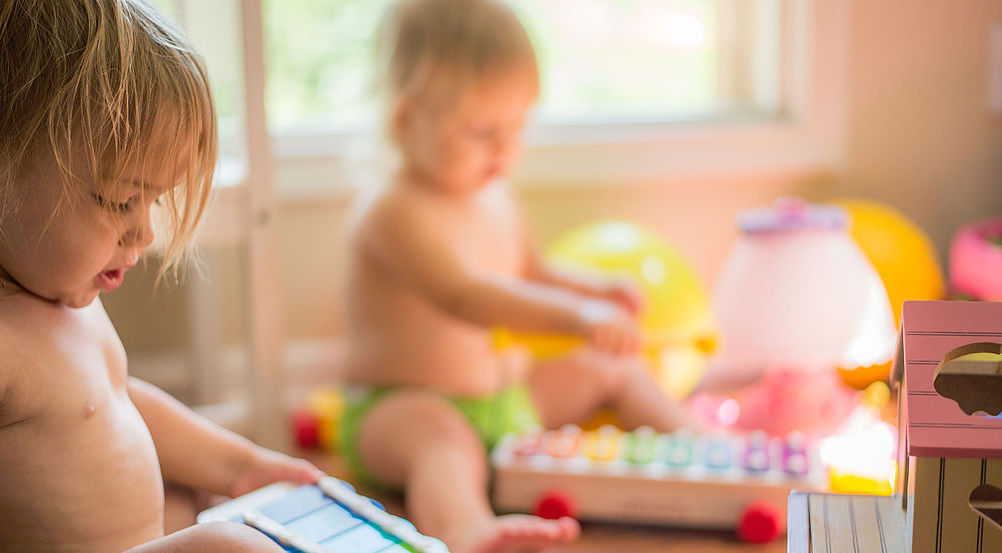
Nowadays we often come across articles with titles such as “How do you play with a newborn?”, “How to stimulate my baby during the first weeks with play”, “When to play with my baby”, and much more! The Maternity Circle is very excited to find out all about playtime with a newborn and building a relationship with a new arrival to the family, with Sinem Ozen Canbolat.
Sinem is a Developmental Psychologist participant with the Tavistock Infant Observation Group, a sleep consultant with the Family Sleep Institute, as well as one of the “International Sleep Consultants” with the International Association of Child Sleep Consultants (IACSC).
With the birth of her first baby, Sinem started to work on the development of infants and playing with infants, and after the birth of her second baby, she published her book titled Playing With My Infant. As a supplement to the book, she also created the Playing with My Infant Toy Set, designed for infants aged 0-6 months, based on scientific studies.

Canbolat: Play is a tool for a baby’s adaptation to life on Earth. Your baby’s brain development, self-awareness, creativeness and emotional balance are encouraged through play. But, I think, the most important role of play is that it enhances the bond between you and your baby. This is crucial, because your baby will interpret her inner and outer world through this bond. So, playing is much more than keeping your baby “busy”.
2. Your book about play is the first one which has been created only for infants between 0-6 months. Why do you think that previously there has not been a guide for parents like this?
Canbolat: I think, in the first months of life, the importance of play is underestimated. When I was raising my first baby, I could not find any book (neither in Turkey, nor on international shelves) which includes all questions about play in a baby’s life. So, I wrote about why to play, how to play, when to play, where to play and what to play. My book is unique because of three reasons:
1) Unlike other books, it does not focus only on what to play and it answers all questions about infancy play.
2) It is a guide for parents to understand their baby with the help of play.
3) Although it is about the whole period of infancy and play, the games included in the book are for the first 6 months. I especially wanted to emphasise the importance of play in the first months of life, because here in Turkey, there is a false belief that play is important after the time baby starts to play with her toys.
3. You have mentioned in your book, “play is closely associated with sleep and nutrition” and timing for the play activities is also very important. Could you tell more about the best times during a newborn's routine?
Canbolat: Timing for play activities is very important, because a baby can learn only when she is ready to learn. If she is hungry, with a dirty diaper or sleepy, she cannot be able to give her energy to “wonder” and “learning”. Wondering and learning can only take place when her needs are satisfied and when she feels safe and secure. So, the best time for a baby to play is after she sleeps, eats and is cleaned. When she needs nothing, she can feel her curiosity. So, after she awakes, feed and clean your baby, and let her play until the next sleep time. I want to add that play is also a healthy energy consuming bridge between feeding and sleeping.
 4. In your book, you wrote that “Did you know that only 40% of intelligence is genetic? In other words, your baby brings only 40% of his intelligence innately. This means the baby’s parents and postpartum environment can affect up to 60% of his intelligence!” Would you explain how to encourage a baby’s development by playing?
4. In your book, you wrote that “Did you know that only 40% of intelligence is genetic? In other words, your baby brings only 40% of his intelligence innately. This means the baby’s parents and postpartum environment can affect up to 60% of his intelligence!” Would you explain how to encourage a baby’s development by playing?
Canbolat: After delivery, babies have many more (approximately four times!) brain cells than they will have as adults. However, these cells are only able to survive based on experience. In other words, those cells that are used become permanent, whereas those that are not die over time. So, the more babies engage with their environment and their brain cells are stimulated, the higher the number of their brain cells, and the stronger the connection between the cells will be.
5. Any fundamental tips on understanding how to play with a newborn?
Canbolat: I think how you play with your baby is much more important than what you play. When you play with an older child, you should let him be the director, and you should be the actor. However, a baby needs a little more assistance. When playing with a baby, the first thing you should do is to arrange the conditions for the play activity. Like putting a toy in front of your 4 months old baby at a distance, so that she can reach it with some effort. However, this does not mean that your baby will play the game in your mind. You should watch her interest. For example, she may choose not to reach, but only to stare at the toy. Or she may prefer your face instead. Then, this should be the game! The most crucial thing you can do during play is mirroring her thoughts, her mimics, her sounds and how she feels, so that she can learn about her feelings, how to express them, and feel relieved because she is understood. I can give a lot of tips about how to play, but I think these are very essential points: letting, watching and mirroring.
 6. How would you describe an ideal setting for play time? Inside or an open area, or maybe varying the settings?
6. How would you describe an ideal setting for play time? Inside or an open area, or maybe varying the settings?
Canbolat: After birth, the brain is developed by stimulation. So, stimulate your baby’s brain with variety. But be aware that you do not stimulate her more than she can bear. I mean, she needs all the places that you can arrange safely for her: your arms, the floor, your balcony, your garden, a playground, her park bed, her bath tub. All these enable her to confront with different smells, tastes, sights, tactile experiences and sounds. However, places like closed malls where even we get tired easily because of high electrical charge might be too much for your little one.
For tips on how to incorporate play into your little one's routine and also advice on getting baby to sleep, read part 2 of The Maternity Circle's chat with Sinem.


